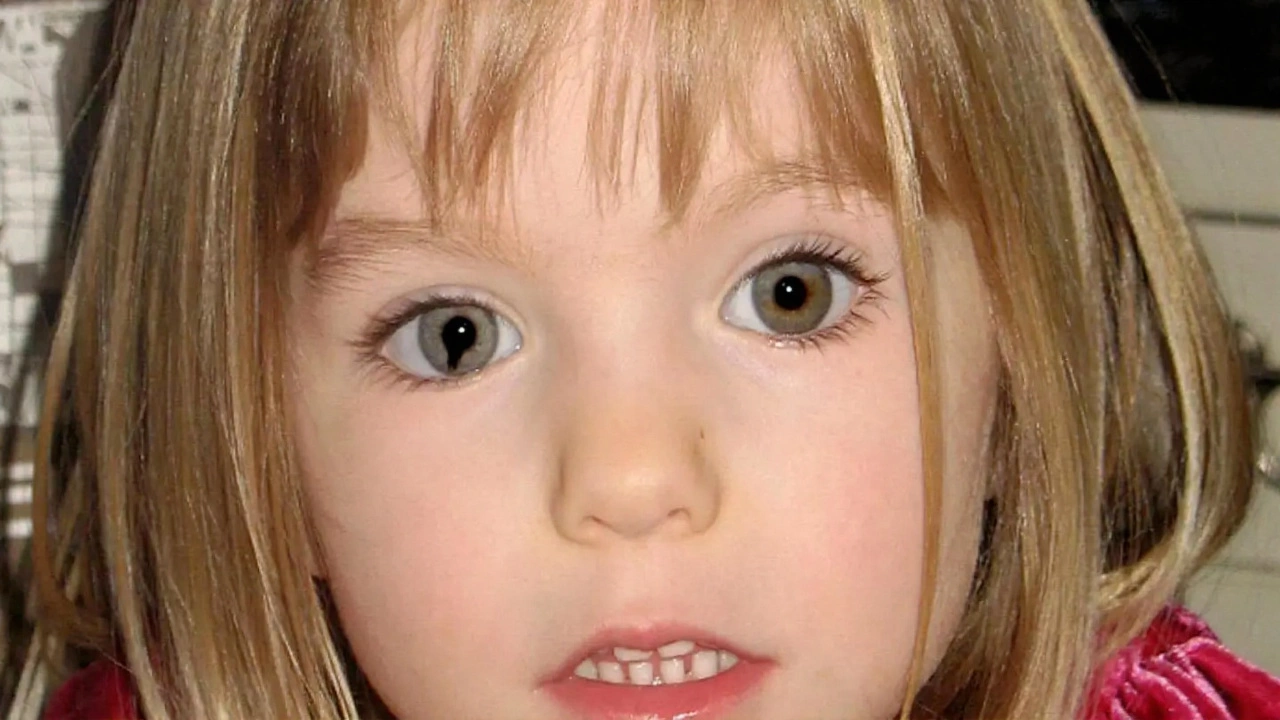
When Julia Wandelt, a 24‑year‑old Polish national, walked into the Crown Court in Leicester on Monday, October 6, 2025, the atmosphere turned electric. She faced multiple counts of stalking for allegedly harassing the McCann family for nearly three years, a saga that has kept the nation’s attention since the disappearance of Madeleine McCann in 2007.
The trial began exactly at 10:00 a.m. in the courtroom of Leicestershire Crown Court. Prosecutors said the campaign started in June 2022, escalated over 32 months, and finally ended with Wandelf’s arrest by Leicestershire Police in February 2025.
Background to the harassment
According to the Crown Prosecution Service, Wandelt repeatedly claimed she was Madeleine McCann, despite clear evidence that she was a Polish citizen with no link to the missing child. Over the course of the campaign she used phone calls, text messages, and social‑media messages to contact Kate McCann and her husband Gerry McCann, as well as their two younger children.
Police logs reveal that on several occasions Wandelt placed up to 60 calls to Kate in a single 24‑hour period. In one recorded exchange, Gerry answered a frantic call and, exasperated, said, “You’re not Madeleine,” before hanging up. That incident, described by the Crown as “a blur” due to the volume of calls, illustrates just how relentless the contact was.
Day one in court: Testimony and emotional fallout
Kate McCann took the stand first, describing the psychological toll of the unwanted attention. "I told them to leave. I told them I was distressed," she said, her voice shaking. When asked about her state during an unannounced visit by Wandelt at the family home, she replied, "I felt quite distressed to be honest. I think I had been on edge anyway because of the recent communications from her."
She went on to explain that the constant pressure made her consider a DNA test to settle the false identity claim, even though she knew it was absurd. "Having seen a photo of her, she's Polish… it doesn’t make sense," McCann remarked, adding, "I can’t say what Madeleine looks like now, but if I saw a photo of her, I would recognise her."
After her testimony, Wandelt erupted. She burst into sobs, repeatedly shouting, "Why are you doing this to me?" Court staff had to physically remove her from the dock. The outburst, caught on live broadcast by Sky News, underscored the emotional volatility of the case.

Legal framework and potential penalties
The charges stem from the UK’s Protection from Harassment Act 1997. Under the Act, aggravated stalking can carry a maximum sentence of five years imprisonment, plus a possible fine. While the specific counts have not been fully disclosed, the Crown Prosecutor indicated that the prosecution is seeking the maximum custodial term given the "severity and premeditation" of the conduct.
Legal experts, such as criminal solicitor Emma Hargreaves, note that the fact Wandelt persisted despite clear warnings will likely weigh heavily during sentencing. "The law is designed to protect victims from exactly this sort of relentless intrusion," Hargreaves said. "When a perpetrator continues after being told to stop, courts tend to impose the harsher end of the range."
Reactions from the McCanns and authorities
Both Kate and Gerry expressed a mixture of relief and lingering anxiety. "Since her arrest in February, I feel more relaxed," Gerry told the jury, though he admitted the fear that such harassment could recur. Leicestershire Police spokesperson Inspector Mark Riley praised the police effort, saying, "We acted swiftly once the pattern was clear, and her detention prevented further harm to the family."
The case has also reignited public debate about the impact of high‑profile missing‑person cases on families, especially when strangers exploit the tragedy for attention. Advocacy groups for victims of stalking have welcomed the prosecution, calling it a "landmark" moment that may deter future copycats.

What lies ahead: Trial schedule and broader implications
The trial is set to run through the week of October 6‑10, 2025, with additional testimony from forensic analysts and additional police officers expected. After the Crown’s case, the defence plans to argue diminished responsibility due to mental health issues, a strategy that will likely be scrutinised by the judge.
Beyond the courtroom, the case may influence future legislation. Lawmakers have hinted at tightening the definition of "stalking" to encompass digital communications more comprehensively. If the court lands a significant custodial sentence, it could serve as a catalyst for such reforms.
Frequently Asked Questions
How does this trial affect the McCann family’s privacy?
The trial forces the McCanns back into the public eye, but court orders limit what personal details can be disclosed. While their testimony is on record, media outlets are restricted from publishing identifying information about their younger children.
What legal precedent does this case set for stalking in the UK?
If a maximum sentence is imposed, it could reinforce the courts’ willingness to treat persistent, multi‑channel harassment as a serious crime, encouraging tighter enforcement of the Protection from Harassment Act.
Why was Julia Wandelt arrested in February 2025?
Leicestershire Police gathered extensive call logs and messages showing a pattern of intimidation. When Wandelt failed to cease contact after multiple warnings, officers obtained a warrant and detained her in February.
Could the McCanns pursue civil action against Wandelt?
Yes, they could file a civil claim for damages related to emotional distress. However, many victims opt to rely on the criminal process to avoid the time and expense of a separate civil suit.
What support is available for victims of stalking in the UK?
Organizations like Victim Support and the UK Stalking Helpline offer counseling, legal advice, and safety planning. The government also provides a protective order that can be issued quickly in high‑risk cases.




